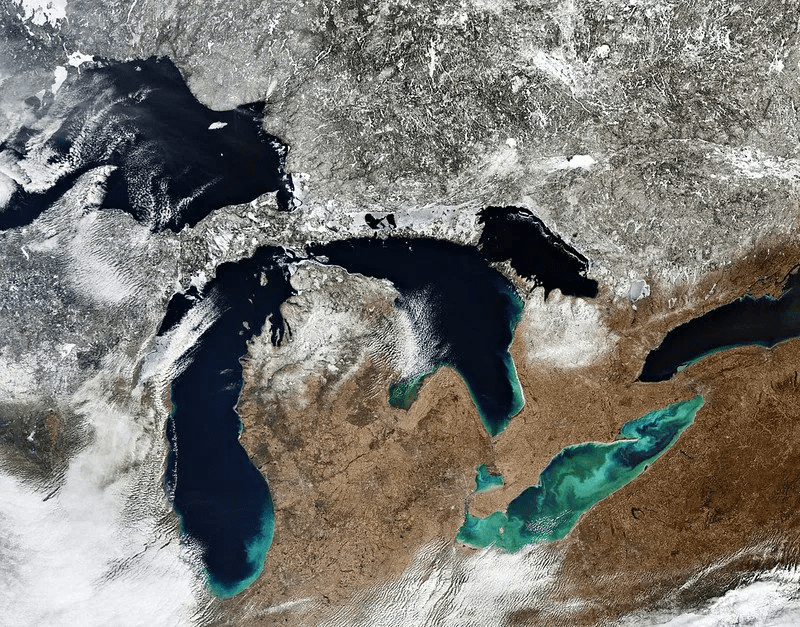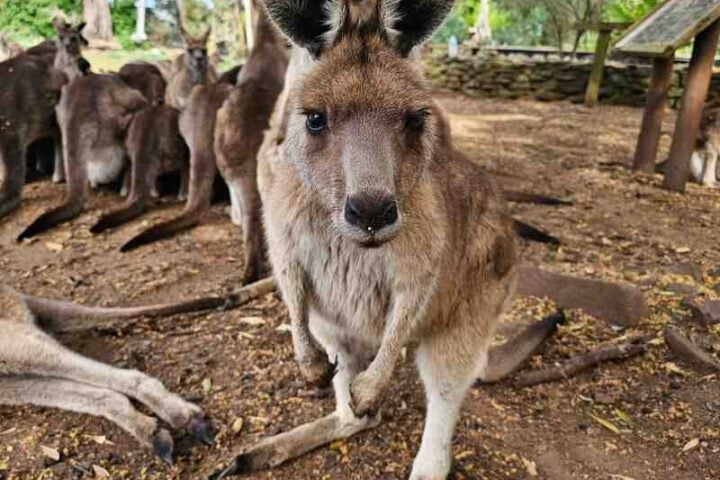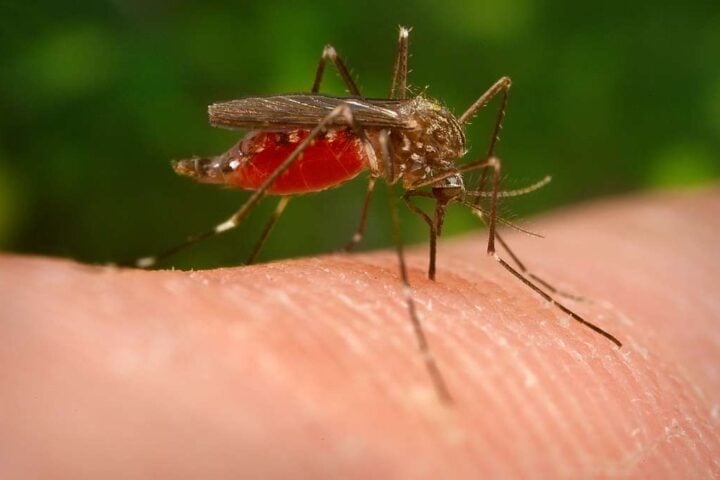Four Native American tribes in Michigan have reached an agreement with state and federal officials on a revised fishing policy for parts of three Great Lakes, according to officials. The deal concerns the distribution of valuable resources, such as whitefish and salmon, which have seen declining populations in recent years. The proposal, which has been submitted to a federal judge, would extend the current system overseeing commercial and sport fishing in areas covered by the 1836 treaty for a further 24 years. The treaty granted the Odawa and Ojibway nations, known as Anishinaabek, hunting and fishing rights in these areas, which are within the U.S. and under Michigan’s jurisdiction. The previous fishery management pact, which was due to expire in 2019, has been extended to allow for further negotiations.
The Native American tribes of the Odawa and Ojibway nations, also known as the Anishinaabek, have agreed to a revised fishing policy with Michigan and federal officials for parts of three Great Lakes. The deal, which is still pending judicial review, would extend for 24 years the system overseeing commercial and sport fishing in areas of Lakes Michigan, Huron, and Superior covered by the 1836 treaty, in which the tribes ceded lands that make up nearly 40% of Michigan’s territory while retaining their hunting and fishing rights. The Bay Mills Indian Community, the Grand Traverse Band of Ottawa and Chippewa Indians, the Little River Band of Ottawa Indians, and the Little Traverse Bay Bands of Odawa Indians are also party to the agreement, but the Sault Ste. Marie Tribe of Chippewa Indians has not yet signed.
The revised fishing policy for parts of three Great Lakes in Michigan has been agreed upon by four Native American tribes, Michigan, and federal officials. The agreement includes zones for tribal fishing and areas where commercial fishing is prohibited, catch limits, and gear restrictions for tribal operations. State biologists claim that the expansion will have minimal impacts on sport fishing and will not harm fish populations.
The deal includes provisions for catch limits and the type of gear that can be used, as well as set out zones for tribal fishing operations and areas where commercial fishing is prohibited. Controversial large-mesh gill nets, which have been criticized for indiscriminately catching and killing too many fish, will be allowed in more places with restrictions on depth, time of year, and amount deployed. The agreement has faced opposition from sport fishing groups, who argue it gives too much preference to tribal interests at the expense of sport anglers and tourism-dependent communities. Four Native American tribes in Michigan have come to a revised agreement with state and federal officials on fishing policies for parts of three Great Lakes and the deal will extend a system overseeing commercial and sport fishing in areas covered by an 1836 treaty in lakes Michigan, Huron, and Superior for 24 years.
Four Native American Tribes Agree To Revised Fishing Policy For Great Lake

Latest from News

Uber’s Driverless Future: VW Partnership Adds Thousands by 2026
Volkswagen and Uber are teaming up to put thousands of self-driving electric vans on American roads. The companies announced a decade-long partnership to deploy autonomous ID. Buzz vehicles across multiple U.S. cities,

Deep Sea Mining Fast-Tracked: US Aims For Billions In Minerals Surpassing All Land Reserves
President Donald Trump signed an executive order on April 24, 2025, to speed up approval processes for deep-sea mining operations in both U.S. and international waters. This move aims to secure access

Bezos-Backed Electric Pickup Aims Below $28,000 Price; See Its Unique Design
A new American electric vehicle has emerged that might change how we think about affordable transportation. The Slate electric truck aims to hit the market in late 2026 with a radical approach:

Mars Perseverance: Mystery Rock ‘Skull Hill’ Baffles Scientists on Jezero Rim
A dark, pitted rock recently spotted on Mars has left NASA scientists scratching their heads. The unusual formation, nicknamed “Skull Hill” due to its distinctive appearance, was discovered by the Perseverance rover

404,000 England residents have ME/CFS; study shows diagnosis inequality
A groundbreaking study from the University of Edinburgh has uncovered that around 404,000 people in England are living with Myalgic Encephalomyelitis/Chronic Fatigue Syndrome (ME/CFS). This figure represents a 62% increase from the

Auckland Zoo welcomes forester kangaroos from Australia before Anzac Day
A mob of forester kangaroos has arrived at Auckland Zoo, bringing a touch of Australia to New Zealand just before Anzac Day. The kangaroos, a subspecies of the eastern grey kangaroo, have

NHS Trials AI Blood Test Targeting Earlier Detection of 12 Cancers After High Accuracy Shown
A revolutionary blood test that can detect 12 common cancers before symptoms appear is now being trialled on 8,000 NHS patients. The test, developed in Britain, uses artificial intelligence to identify cancer

Tesla Robotaxi in Austin June: Testing logs 1500+ trips so far ahead of launch
Tesla is sticking to its timeline for launching robotaxis in Austin, Texas by June 2025, just weeks away. The company recently confirmed it has already begun testing a supervised version of the

China Moon Rocks Shared: US Labs Among 7 Global Partners Analyzing Rare Samples
China’s space agency has decided to let US scientists analyze moon rocks from its recent lunar missions, marking a notable step in international space collaboration despite ongoing political tensions between the two

WA Measles Outbreak: Cases Jump By 15, Exceed Australia’s 2024 Total
Measles cases in Western Australia have hit 15 since mid-March, with 15 of these cases recorded since March 19. Health officials have issued an urgent alert for Perth and the South West

Sofra Potato Seasoning Recall: Undeclared Peanuts Pose Serious Risk for Over 1 in 50 UK Children
Damasgate Wholesale has issued an urgent recall for its Sofra Potato Chips Seasoning due to a serious safety concern. The 100g packs contain peanuts that aren’t listed on the label, creating a

Whooping Cough Cases Double to 8,077 in 2025: CDC Warns Infants Face Highest Risk of Complications
Pertussis, commonly known as whooping cough, causes a distinctive gasping sound when infants struggle to breathe during coughing attacks. This bacterial infection is resurging across the United States in 2025, with significant

2026 Lexus ES Sedan Grows, Offers Electric Option With 0-62 MPH Below Six Seconds
Lexus has taken a decisive step into the electric future with its redesigned 2026 ES sedan. Unveiled at the Shanghai International Automobile Industry Exhibition on April 23, this eighth-generation model marks the

Queensland 3 JEV Cases Confirmed As Virus Detected In Central Region Pig
For the first time, health officials have found Japanese Encephalitis Virus (JEV) in a pig in Central Queensland. The discovery in Banana Shire Council territory has set off alarm bells for public

NHS Helps Care Leavers: Over 2,700 Engaged, Hundreds Gaining Healthcare Opportunities
Hundreds of young people who grew up in care are finding new opportunities in the NHS through a dedicated support scheme launched in January 2023. The NHS Universal Family Programme offers work


